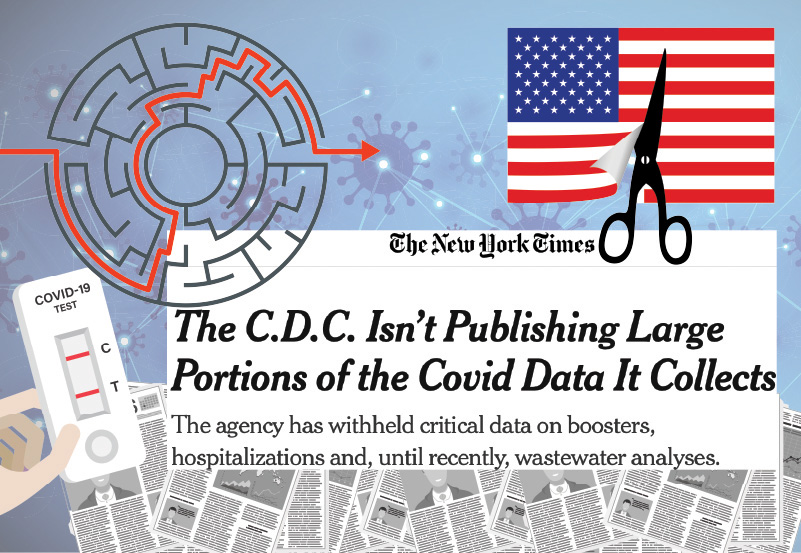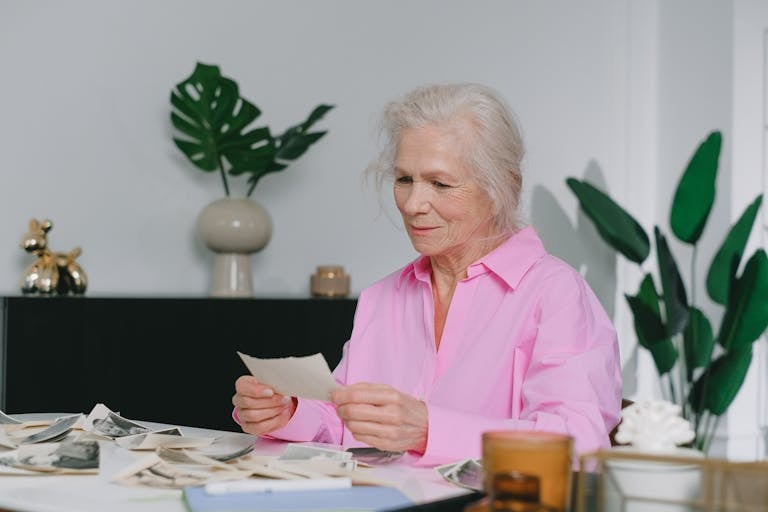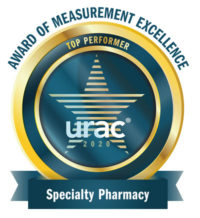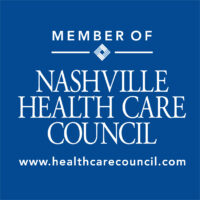
When Public Health is Compromised by Political Maneuvering
By Shane Reeves, Chief Executive Officer, TwelveStone Health Partners
How did matters of public health become a political issue? Cancer is not Republican. Diabetes is not Democrat. Heart disease is not Libertarian.
Yet here we are.
Americans have been divided in their perceptions of the government response, treatment options for COVID, and strategies to address the pandemic. All of which has created a significant concern regarding confidence in the global scientific community, the CDC, health system practices, and even doubts about our very own physicians. And those sentiments aren’t between young and old or rich or poor. They appear to be purely along party lines.
A study found Americans who identified as Republicans or Independents perceived a COVID infection as less severe, were less fearful of getting infected, had less knowledge about COVID-19, had less trust in science and the information provided by scientific organizations such as the CDC and the World Health Organization (WHO), and less likely to comply with health behavior recommendations.[1]
Conversely, those who identify as Democrats are far more likely to believe COVID is far worse than it is and if they get sick, they are very likely to end up in the hospital and die. This fear is pushed by most major news organizations and even the Supreme Court, per recent comments made by Justice Sonia Sotomayor claiming that 100,000 children were in the hospital with COVID. [2]
The bottom line is we are divided, and there is little or no middle ground.
As a pharmacist, I find it distressing that the public is polarized on perceptions of scientists and disease specialists. This mistrust has led some members of the public to trust “Dr. Google” more than their healthcare provider, leading to disastrous consequences.
I want to make one thing clear: I am not anti-vax. I served on the vaccine committee for the state of Tennessee. I’ve promoted the administering of vaccines and have done what I could to create a smooth distribution process to get the vaccine to those who want it. We’ve been successful in that effort.
Vax, treat, or both?
The majority of Americans have been vaccinated. But others can’t be vaccinated due to medical issues or religious beliefs. Fortunately for these two groups, there are legitimate treatments for those who have COVID. Unfortunately, the federal government has inserted itself between doctors and patients on treatment options for COVID, especially early on when non-acute treatment is most effective.
But the messaging from the CDC and others has been 100% vaccine or nothing.
Because SARS-CoV-2 replication leads to many of the clinical manifestations of COVID-19, antiviral therapies are being investigated to treat COVID-19. The infusion drug Remdesivir sold under the brand name Veklury is the only drug approved by the Food and Drug Administration for the in-hospital treatment of COVID-19. [3]
Currently, three anti-SARS-CoV-2 mAb products have received Emergency Use Authorizations (EUAs) from the Food and Drug Administration (FDA) to treat mild to moderate COVID-19 in non-hospitalized patients. These treatments, which fall under monoclonal antibodies, have successfully treated non-hospitalized COVID patients.
But monoclonal antibodies are not authorized for use in all U.S. states and territories, meaning that some providers cannot prescribe this life-saving treatment to outpatients for fear of retribution or losing their license. And because hospitals cannot prescribe monoclonal antibodies, patients who come to the emergency rooms cannot be treated until they exhibit more severe symptoms that qualify for other treatments
Yet some medical professionals are ignoring the FDA restrictions by state. In Florida, monoclonal antibodies were allowed until December 2021, when the FDA reversed permission, and the federal government slashed in half the number of doses of the monoclonal antibodies therapy shipped to Florida from 30,000 to 15,000.[4]
But Florida Governor Ron DeSantis ignored that directive and created clinics to distribute monoclonal antibodies. Since opening these sites, the 7-day average of new adult hospital admissions has fallen 80%.[5]
As a nation, we learned a great deal from the HIV pandemic of the 1980s. We created combinations of powerful, long-acting drugs that targeted a broad range of functions with a high therapeutic index to fill the gaps in the then-current strategy for long-term protection.
We should acknowledge there is not a one size fits all approach for COVID or any other virus that has the potential to do a great deal of harm. Early treatment and a vaccine solution should be sought to protect the public.
Any medication includes some level of risk. And as we are all unique individuals, that risk must be assessed ultimately by the individual with feedback from trusted caregivers. If the relationship with the resources we used to rely on have been impacted through politics, the long-term impact of COVID might be far deadlier than we first anticipated.
Our highly polarized society has created a zero-sum game out of a deadly crisis. You are either team jab or anti-jab. Team in-school or home-school. You believe other treatments have benefits, or you won’t discuss them. You think a mask will protect others regardless of how dirty, flimsy, or bedazzled it might be. There is no room for thoughtful discourse and individual decision-making.
And such polarization along party lines is likely to haunt us and hurt us much longer than COVID.
[1] https://journals.plos.org/plosone/article?id=10.1371/journal.pone.0256740
[2] https://www.washingtonpost.com/politics/2022/01/08/sotomayors-false-claim-that-over-100000-children-are-serious-condition-with-covid/
[3] https://www.gilead.com/news-and-press/press-room/press-releases/2020/10/us-food-and-drug-administration-approves-gileads-antiviral-veklury-remdesivir-for-treatment-of-covid19
[4] https://www.theepochtimes.com/biden-administration-cuts-floridas-weekly-monoclonal-shipment-in-half_4199861.html
[5] https://www.flgov.com/2021/10/14/governor-ron-desantis-highlights-monoclonal-antibody-treatment-success-in-florida/















